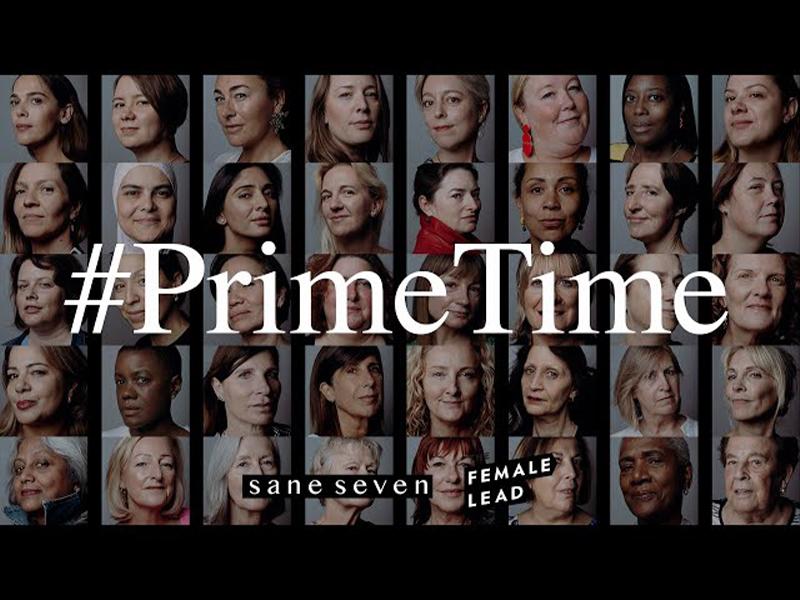The gender pay gap will not be closed in the UK until 2069, according to a report from Deloitte.

The Equal Pay Act was passed in 1970, but according to the report it will be 99 years after the Act before true gender quality is reached in terms of pay.
Investigating 10 popular occupations for graduates, nine were found to have men starting on higher average salaries than women. Furthermore, across all 10 occupations the pay gap widened over time.
Despite the government’s pledge to close the gender pay gap within a generation the report revealed that the difference in hourly pay between full-time men and women was closing at a rate of just 2.5p a year.
The pay gap for full time workers, in the UK, currently stands at 9.4%. The report concludes that this is down to several factors including that women are more likely to take jobs where pay is relatively low, such as in care; women take time out for family reasons; and women take more poorly paid part-time jobs when they return.
The report states: ““There may also be unconscious discrimination at work and within organisations that affect decisions about jobs and pay.”
The widest gap was found in health care professionals starting salaries at £4,000, or 14%. According to the Higher Education Statistics Agency more than three quarters of employees in this sector are women.
A similar proportion of the teaching sector are female, where the gap in starting salaries was found to be £1,000 or 4%.
Starting salaries were found to be equal at £17,000 in administrative occupations, however the gap was still found to widen over time.
“In 1970, the Equal Pay Act was passed to ensure women were paid on the same terms as men,” said Sophie Walker, leader of the Women’s Equality Party.
“We cannot wait a hundred years to see this become a reality. Emma Thompson said in May that she didn’t want to die before the pay gap was closed – unfortunately, she and many more of us look set to be very disappointed.”
“The data is there already, and WE are encouraging progressive companies to get ahead of the game by showing transparency now. WE will offer support to companies who make bold and sustained efforts to eradicate the gender pay gap, which is so firmly entrenched in our working culture. Next year, WE will introduce a kitemark for those who show best practice.”
Women in STEM
The report highlighted that starting salaries for men and women who have studied science, technology, engineering and mathematics (STEM) subjects, and who go on to take jobs in those sectors, are significantly smaller.
In light of the findings, the report recommends more help for women in the STEM industry. The report found that as many as 70% of women with STEM qualifications were not working within the relevant industries.
Emma Codd, Managing Partner for talent at Deloitte, said: “There are many factors that contribute to the gender pay gap. One of these occurs before entering the workforce, when boys and girls decide what to study at school and university.
“Starting at GCSE level, where three times more boys than girls take computing and 50% more boys than girls study design and technology, these early decisions drive fundamental skill differences between the genders for those entering the workplace.”








